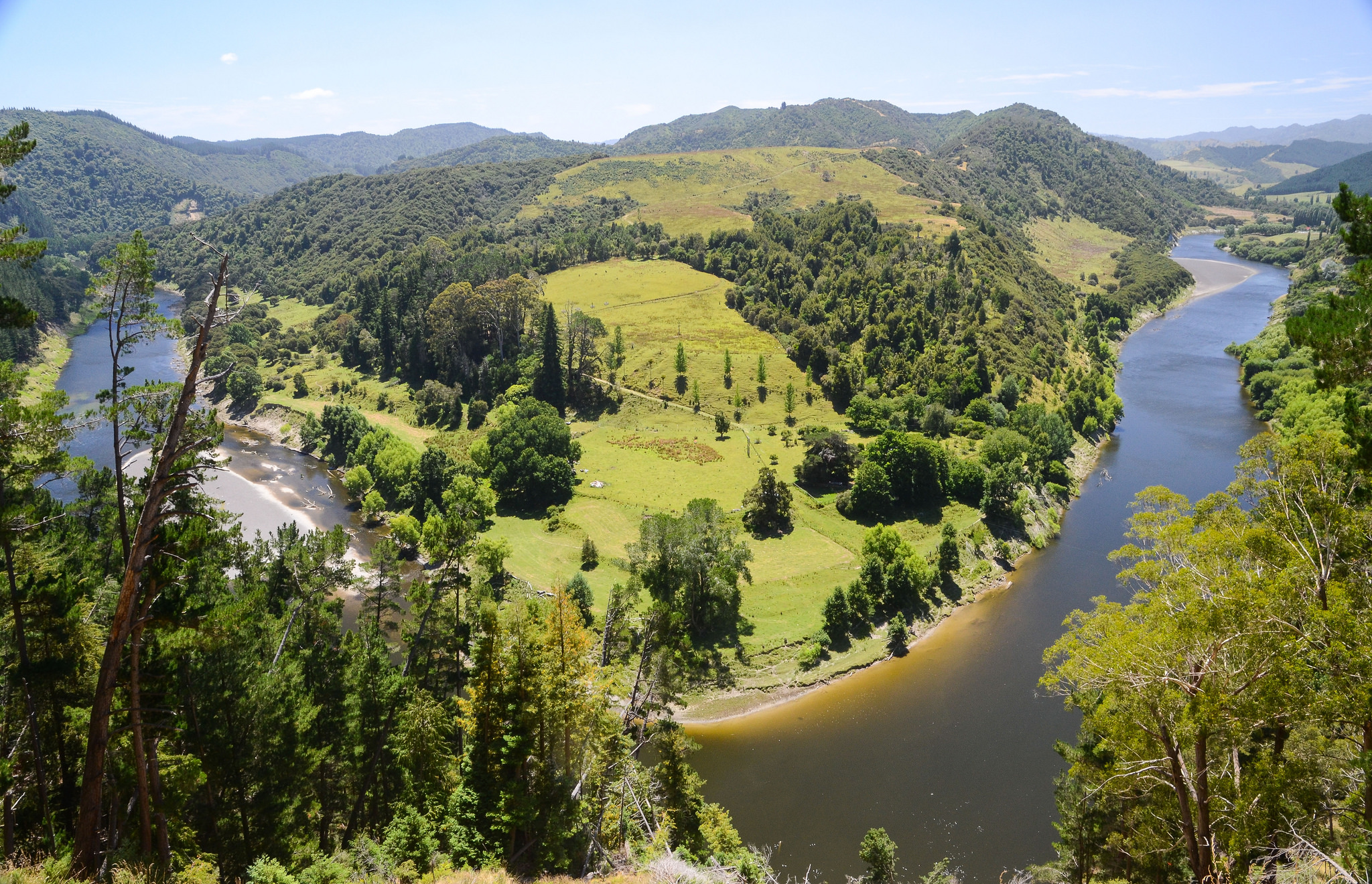The legal rights of rivers

In the past couple of years, legal rights have been awarded to a number of rivers around the world. Why?
Published 24 April 2018
Episode 28
Rivers in New Zealand, Australia, India and Colombia have all been granted legal rights recently. Environmental law expert Dr Erin O’Donnell explains why granting nature legal rights is becoming more accepted.
Episode recorded: 23 March 2018
Producers: Dr Andi Horvath, Chris Hatzis and Silvi Vann-Wall Audio engineer and editor: Chris Hatzis
Banner image: Whanganui River in New Zealand was the first in the world to be awarded legal rights. Picture: Tim Proffitt-White/Flickr
Subscribe to Eavesdrop on Experts through iTunes.

